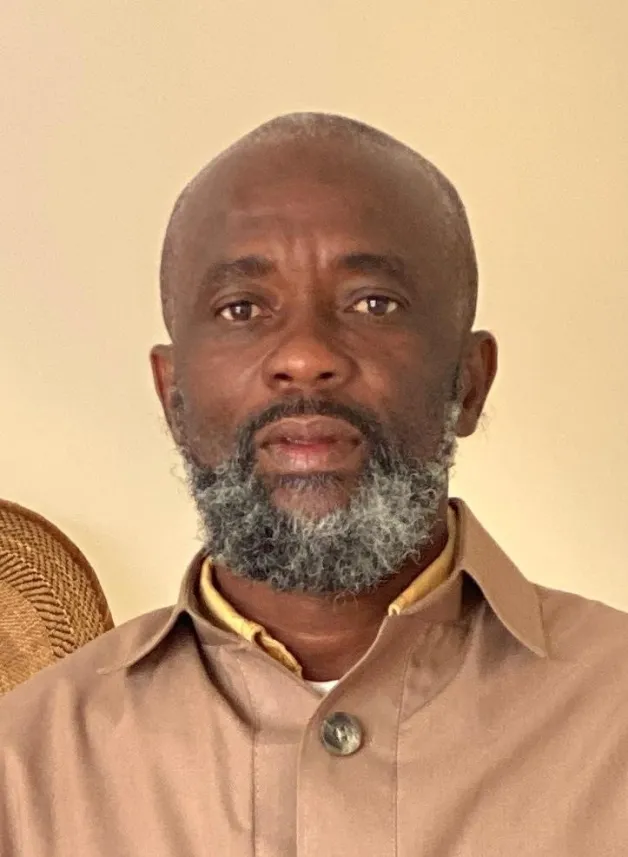“A rich man who does not know himself is worth less than a poor man who does.” – African proverb
“Man, know thyself,” is a quote with roots in ancient Greek philosophy, and has appeared in various philosophical and religious contexts throughout history.
The core idea behind if, is that by understanding yourself; your thoughts, feelings, motivations, and limitations, you gain a deeper understanding of the world around you and your place within it.
Interestingly, the onset of psychology has taught us that the self is more dynamic than we can ever grasp. It is like a hall of mirrors. Every reflection is more of an illusion because each one unravels more questions than answers.
Perhaps the phrase ‘man, know thyself’ inscribed on the temple of Apollo at Delphi, has attained such prominence throughout human history precisely because of its ancient provenance. However, upon closer examination, the injunction reveals a paradoxical truth: it is both a profoundly insightful adage and an ultimately unattainable goal.
How can the self, which is the instrument of knowledge, also be its object? It is like a sword trying to cut itself, or a mirror attempting to reflect its own frame. We are so used to treating everything in life as a coherent narrative waiting to be deciphered, so much so that we have included the self in this box.
From a philosophical perspective, ‘knowing yourself’ is the foundation of every ‘why’ you have uttered. It is true that many of us have been cultured to believe that ‘ourselves’ is knowable. So, we have gone about undertaking many personalities and psychometric tests just to find it, except we continue to remain strangers to ourselves.
We need to appreciate that knowing oneself is not a call to indulge in introspection but to apply the rigour of reason to our desires, biases, and our place in life. It is aimed at encouraging us to question our motives, so that we do not end up being prisoners of our habits
In seeking self-knowledge, we get a glimpse of our capacity for growth. The exercise enlightens us to realise the self is not fixed, but an on-going project that pushes us to recognise our limits, and these point us to something beyond ourselves. In seeking to understand the self, we stumble upon the mystery that the self is both familiar and utterly foreign. We are the house we inhabit yet cannot fully map.
We may study everything about life, but to peer into yourself is to enter a realm bigger than all of science. It is high time we pay homage to the biblical saying ‘I am fearfully and wonderfully made,’ thereby embracing the notion that the self is not a problem to be solved, but a mystery to be cherished. It pushes to appreciate why we need to love the self and every other self we interact with.
In seeking self-knowledge, we get a glimpse of our capacity for growth. The exercise enlightens us to realise the self is not fixed, but an on-going project that pushes us to recognise our limits, and these point us to something beyond ourselves.
To many of us, especially in the era of social media, whilst seeking self-knowledge have resorted to curating personas that cause us headaches and ills because each one makes us feel more alienated from the self we even know.
We have fallen for the ‘be whatever you want to’ mantra without understanding that freedom without truth is a prison. The reality is that we are beings made for a purpose larger than our desires. Thus, seeking self-knowledge is about embracing the question ‘Why am I here?’
We cannot know ourselves fully until we see ourselves in the light of something greater. As individuals who perceive ourselves as intelligent, we need to appreciate that every effort at self-knowledge must begin with humility. We must accept that we are not the ‘gods’ we pretend to be, but neither are we mere accidents of matter.
We are creatures of a Creator. That is why knowing ourselves is not a command to navel-gaze but to see ourselves in relation to others, to history, and above all, to our Creator. The self is not a closed circle but a door.
To knock on that door is to encounter the Creator who made us and who alone can grant us an understanding of who we are. Let us therefore appreciate the call to ‘know ourselves’ as a benevolent command that tricks us into humility, into laughter, into surrender, into curiosity. It is a mirror that shatters to reveal, not fragments but a whole self as a mystery, as a creature, and as an on-going project…
__________________________________________________________________
Kodwo Brumpon is an executive coach at Polygon Oval, a forward-thinking Pan African management consultancy and social impact firm driven by data analytics, with a focus on understanding the extraordinary potential and needs of organisations and businesses to help them cultivate synergies, that catapults into their strategic growth, and certifies their sustainability.
Comments, suggestions, and requests for talks and training should be sent to him at [email protected]










